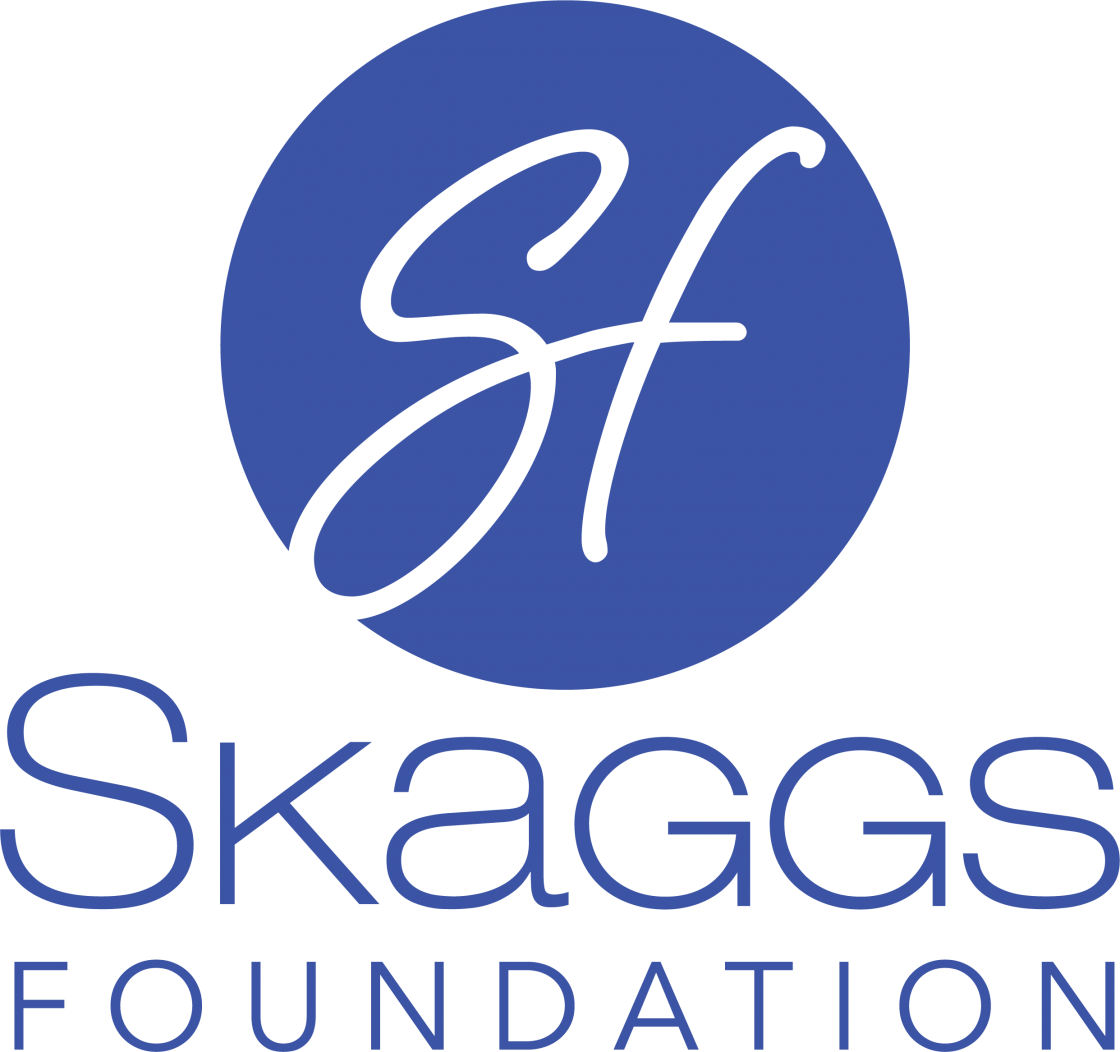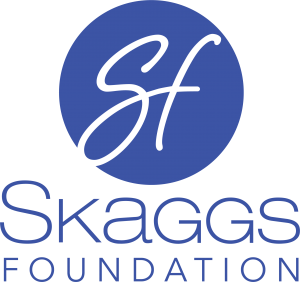
By Al Vineyard
A substance use disorder, or substance addiction, is characterized by the repeated use of mood-altering or psychoactive drugs leading to physical, emotional, and/or mental dependency. The disorder affects the person’s brain and behaviors making quitting difficult, but not impossible.
Often times, substance use disorders are co-morbid. Comorbidity occurs when a person has two or more mood disorders or mental illnesses at one time. When a person has co-morbid disorders, it is important to identify and treat all disorders present. Untreated disorders can quickly result in relapse.
From the perspective of an addicted person, recovery from a substance use disorder is like a war within the person. The newly recovered person has an uphill battle.
Detoxification occurs when the person stops using the substances on which they are dependent. As the body removes the substances and regulates the chemical balance in the brain, the person exhibits withdrawal symptoms. Withdrawal is painful and depending on the type of substance and the amount regularly used, the process can last for weeks.
In addition to the painful detoxification process, the recovered person has many new responsibilities, which include, but are not limited to, treatment, court obligations, meetings, such as Narcotics Anonymous (NA) or Alcoholics Anonymous (AA), monetary fines and restitution, community service, life classes, and therapy. These new responsibilities are added to everyday responsibilities such as work and family. Coping skills are necessary but not always present in newly recovered individuals.
Substance use disorders also affect people who do not suffer with the disorder. Loved ones of the addicted individuals are also emotionally, mentally, and even, physically affected by addiction. Law enforcement and first responders are inundated with traumatic events attributed to the disorder.
Recovery is a multifaceted process, usually taking a team of people and organizations to assist. The health and wellness of those indirectly affected by the disorder is also important. Recognizing this, the Skaggs Foundation awarded $308,279 to several organizations in Stone and Taney counties who aid in addiction recovery, as well as co-morbid disorders, mental health, and overall wellness of the addicted individual’s loved ones, and other situations attributed to addiction within the community.
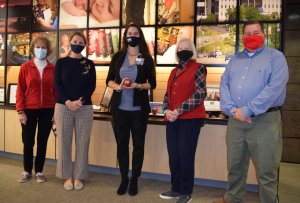
SUI Project Coordinator, Marietta Hagan (center), with members of the Skaggs Foundation Board members.
The Substance Use Initiative (SUI) of CoxHealth, awarded $129,553.31, raises awareness, hope, and prevention within Stone and Taney Counties. The SUI also collaborates with and strengthens other community resources.
Cox Medical Center Branson’s Healthier Mothers, Healthier Babies, awarded $39,138.88, assists young mothers who have substance use disorders and/or perinatal and postpartum depression. The goal of this program is to provide necessary services for pregnant and new mothers to ensure healthier mothers and babies.
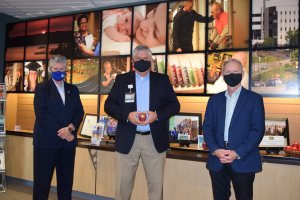
Tobacco Cessation Specialist, Jim Brawner (center), with Skaggs Foundation Board members.
The Tobacco Cessation Program, also through Cox Medical Center Branson, awarded $11,940.61, offers Nicotine Replacement Therapy to uninsured/underinsured persons. This program combats addiction to tobacco using therapy, pharmacotherapy, and monitors that measure the amount of carbon monoxide (CO) in a person’s system motivating cessation.
Faith Community Health, awarded $10,000, offers mental health counseling to people who cannot afford insurance. Mental health counseling is very important to a newly recovered person, especially when there are comorbid conditions.
The Branson School District, awarded $39,512, is also offering mental health and wellness care. The grant awarded to the school funds a mental health case manager. The case manager helps connect students and their families to resources within the community, including mental health services, transportation, and Medicaid.
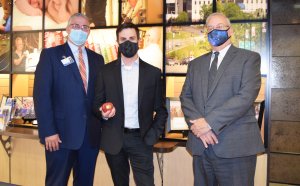
Court Administrator, Matt Ouren (center), with Skaggs Foundation Board members.
Stone County Judiciary, awarded $30,000, offers Stone County Treatment Courts access to additional supports. The grant provides for temporary housing and dental care. Participants receive a holistic approach to recovery.
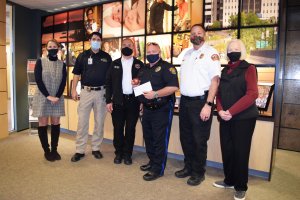
Chief Darryl Coontz, Chief Chris Berndt, Chief Jeff Matthews, and Chief Ted Martin with Skaggs Foundation Board members.
The Branson Police Department, awarded $20,000, is launching a Regional Peer Support Program. First responders witness repeated traumatic events. This program’s focus is the mental health of first responders in Stone and Taney Counties.
Elevate Branson received $3,924 for their sensory room which caters to 45-50 children each week, many having autism or other sensory needs. With approximately 1 in 68 children diagnosed with an autism spectrum disorder (ASD), this room provides a place for a sensory break. A sensory break is necessary for children with ASD and other behavioral issues. Helping children understand how to properly care for their mental health while they are young will greatly benefit them throughout their lives and aid in prevention of substance use.
Finally, $24,210 was awarded to the Sources of Strength Suicide Prevention, a comprehensive program that addresses social issues of youth and increases help-seeking behaviors, preventing youth suicide. The program is a partnership between Burrell Behavioral Health and Stone and Taney County’s schools.
Substance use disorders affect many people within Stone and Taney counties, including addicted individuals, loved ones, children, law enforcement, and first responders. This multifaceted, and often comorbid, disorder requires a community to support recovery. A special thanks to the Skaggs Foundation for recognizing this and aiding many organizations within Stone and Taney counties in the fight for recovery.

